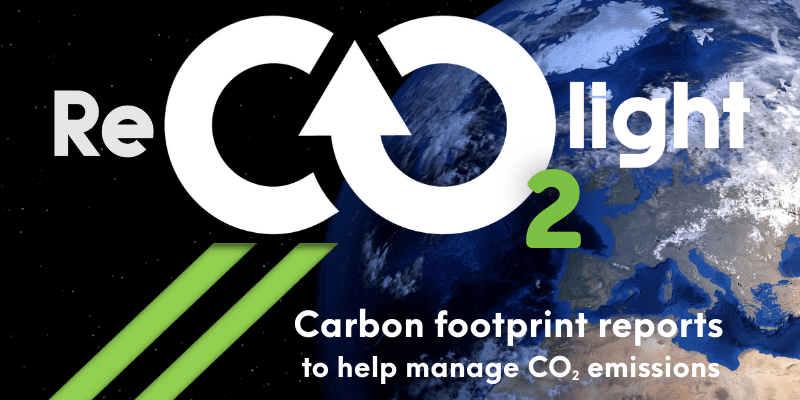The concern that electric vehicles might pose a greater threat to air quality than conventional vehicles because of non-exhaust emissions has been laid to rest, claim the authors of a new study.
While obviously free of tailpipe emissions, electric vehicles do create debris from tire and brake abrasion. However, the degree to which they do and how that compares to internal combustion engine vehicles has been largely unknown. A new study by Virginia Tech Transportation Institute’s Hesham Rakha has investigated the matter.
In an article published in Transportation Research Part D: Transport and Environment, Rakha and colleagues reported findings that indicate electric vehicles generally produce less non-exhaust emissions.
“The model that we developed proved that battery electric vehicles, in the right conditions, have more environmental advantages,” said Rakha, director of the institute’s Center of Sustainable Mobility. “The hope is for this tool to inform strategies that could reduce overall vehicular pollution and promote sustainable transportation solutions.”
Rakha said that because electric vehicles are generally 40 percent heavier than gasoline-powered vehicles, the first step of this project was to develop models that account for vehicle speed and weight to calculate brake and tire particulate matter emissions. Using proprietary traffic analysis software of his own, a suite called INTEGRATION, he compared a combined 24 electric vehicles, gasoline-powered vehicles, and hybrid vehicles that ranged in weight and size. The selected vehicles were then put to the test in three EPA drive cycles that represented city driving, highway driving, and a high acceleration aggressive driving style.
The models appeared to show that with more traffic, electric vehicles produce less non-exhaust emissions than their gasoline-powered counterparts. The trend, however, is reversed when less traffic is on the road. Electric vehicles will produce more non-exhaust emissions compared to gasoline vehicles when there is less traffic. Overall, the study suggests that if at least 15 percent of driving occurs in city conditions, electric vehicles produce less non-exhaust particulate matter emissions than gasoline-powered vehicles.
The research also highlighted braking as one clear way electric vehicles are more environmentally friendly than their counterparts. Through regenerative braking, which charges the vehicle’s battery from the friction created by braking, brake abrasion emissions are reduced because an electric motor is used to slow the vehicle instead of traditional brake pads.
Rakha believes that the introduction of these models into simulation programs will help exponentially when analyzing vehicle emissions. Programs such as the INTEGRATION software provide an opportunity for policymakers and transportation planners to better understand and manage vehicle emissions at a city level.
This research was also accepted and presented at the Transportation Research Board Annual Meeting in January.
















